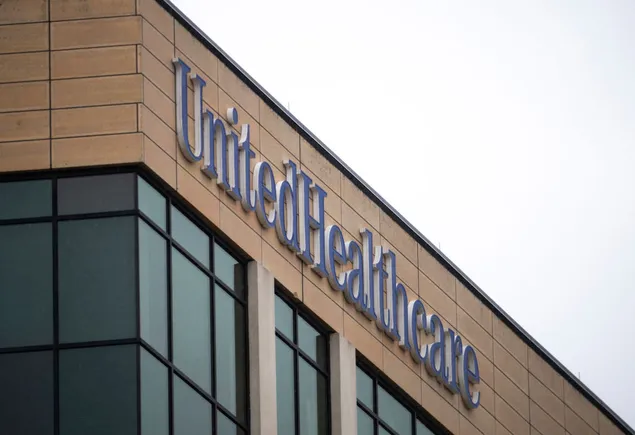The healthcare industry was rocked by the shocking murder of UnitedHealthcare CEO Brian Thompson, whose assailant was swiftly identified as Luigi Mangione. The case against Mangione, which includes state and federal charges, has escalated to the point where the U.S. Justice Department is seeking the death penalty. Mangione’s lawyers are fighting back, trying to block this attempt at capital punishment.
The aftermath of Thompson’s murder has sparked a wave of outrage across the country, shining a harsh light on the healthcare industry’s practices. UnitedHealth, the largest health insurance company in the U.S., has come under intense scrutiny. With a market capitalization exceeding $400 billion, UnitedHealth’s revenue rivals that of tech giant Apple. The company’s history is marred by controversies, including antitrust suits and a stock manipulation scandal in 2006.
Prior to Thompson’s tragic death, UnitedHealth was under investigation by the DOJ for potential antitrust activities. The entire industry, including pharmacy benefit managers (PBMs), has faced scrutiny from lawmakers over their role in drug pricing. Recent revelations have further exposed UnitedHealth’s questionable business practices in the complex U.S. healthcare system.
The killing of Brian Thompson shed light on the disparities within the healthcare system, particularly in the realm of prescription drug pricing. UnitedHealth, along with other PBMs like Cigna and CVS Health, has been accused of inflating drug prices to generate billions in revenue. Investigations have revealed questionable practices, such as mishandling transactions with pharmacies and exaggerating patient diagnoses to maximize government reimbursements.
In response to mounting criticism, UnitedHealth has shifted blame onto the pharmaceutical industry. The company’s CEO, Andrew Witty, highlighted the exorbitant cost of drugs in the U.S. compared to other countries. Despite record revenues in 2024, UnitedHealth has made some changes to its PBM operations, such as eliminating reauthorizations for certain drugs to reduce administrative burdens for providers and patients.
The fallout from Thompson’s murder has also prompted heightened security measures for top executives in the healthcare industry. Companies across various sectors are investing in security plans for their leaders, with a focus on travel and physical safety. Large pharmaceutical companies, including Moderna, Pfizer, and Gilead Sciences, have allocated significant funds for CEO security in response to potential threats.
As the healthcare industry grapples with the aftermath of Brian Thompson’s murder, the spotlight remains on UnitedHealth and its business practices. The ripple effects of this tragedy have underscored the need for greater transparency and accountability in the healthcare sector.


